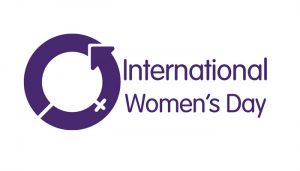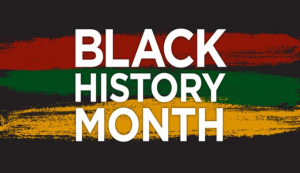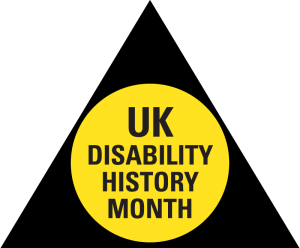Dignity at King’s – Bullying and Harassment Policy Published
We have developed a Dignity at King’s – Bullying and Harassment Policy which supports the entire King’s Community. This replaces the previous Dignity at Work – Statement of Commitment and applies to the whole of the university. We are doing this because we know that, like all large institutions, we have problems with bullying & harassment at all levels. This new policy is designed to ensure we tackle this sensitively.
The policy has been developed based on wide ranging research of HEI and public sector best practice, alongside consultation with many across the College. It is now available and can be accessed in the Governance Zone.
This policy sets out the responsibilities of those within the King’s community in addressing inappropriate behaviour, clearly defines conduct that is not acceptable and outlines where to go for support for anyone who has witnessed or experienced bullying and harassment.
Importantly, it also makes clear that managers and senior leaders need to support our community and engage with and address behaviour and issues related to alleged bullying and harassment as they arise. This is key to fostering and enabling an environment free from bullying and harassment and ensuring that the policy is embedded within our ways of working and culture at King’s.
Bullying and harassment are organisational issues to be addressed. This can only be done when there is commitment from senior leadership. Our senior leaders have made it clear this is a top priority for them. Evelyn Welch (Provost & Senior Vice President (Arts & Sciences)), Richard Trembath (Senior Vice President and Provost (Health)) and Steve Large (Senior Vice President (Operations)) have identified this as a joint priority and are determined to ensure that the right systems, symbols and behaviours are in place so that the highest quality senior leadership around bullying and harassment is modelled and implemented within the university.
The development of the policy is only the start. Planning for a significant programme of work is underway, led by HR King’s senior leaders, with examples of work including:
- Developing further guidance and resources for managers
- Working with Vice Deans Research to embed further support within the research community
- Developing a package of training, including being an active bystander for staff
- Reviewing and updating subsequent policies and procedures related to this policy
These packages of work will also be informed by the practical, applied anti-bullying and harassment work within faculties.
Useful resources that are available now:
- Bullying and Harassment Guidance for Managers – Bullying and Harassment Guidance for Managers is a comprehensive guidance document developed by the Organisational Development team. we recommend all managers, supervisors or those with responsibility for staff or students read and understand this as a first priority
- Domestic Abuse Guidance for the King’s Community
- Dignity at King’s Webpages
- Organisational Development Leadership and Development Webinars for Managers
- Our Principles in Action
Training
Below are some useful training resources available on KEATS. The following Skill Boosters videos are recorded for a variety of different audiences and environments. They are useful in considering the key learning points and approaches that provide support in any environment including our own University context.
Their content comprises of Short Films, Micro Courses and Courses, their respective lengths are outlined below. You will need to enroll via KEATS to access the courses.
Banter in the workplace
- Short Film (10 mins)
- Micro Course (15 mins)
Bullying and Harassment – Effective Interventions
- Short Film (14 mins)
- Micro Course (15 mins)
Creating and Environment Based on Respect
- Short Film (14 mins)
- Micro course (15 mins)
Understanding and Confronting Sexual Harassment
- Short Film (13 mins)
- Micro Course (20 mins)
- Course
The full length course for this training is 45 minutes long. We recommend you complete this as a part of a group or in a facilitated session. If you would like support from the Equality, Diversity and Inclusion Team in facilitating this, contact diveristy@kcl.ac.uk
Challenging Behaviour
- Course (60 mins)
This course is 60 minutes long. We recommend you complete this as a part of a group or in a facilitated session. If you would like support from the Equality, Diversity and Inclusion Team in facilitating this, contact diveristy@kcl.ac.uk



